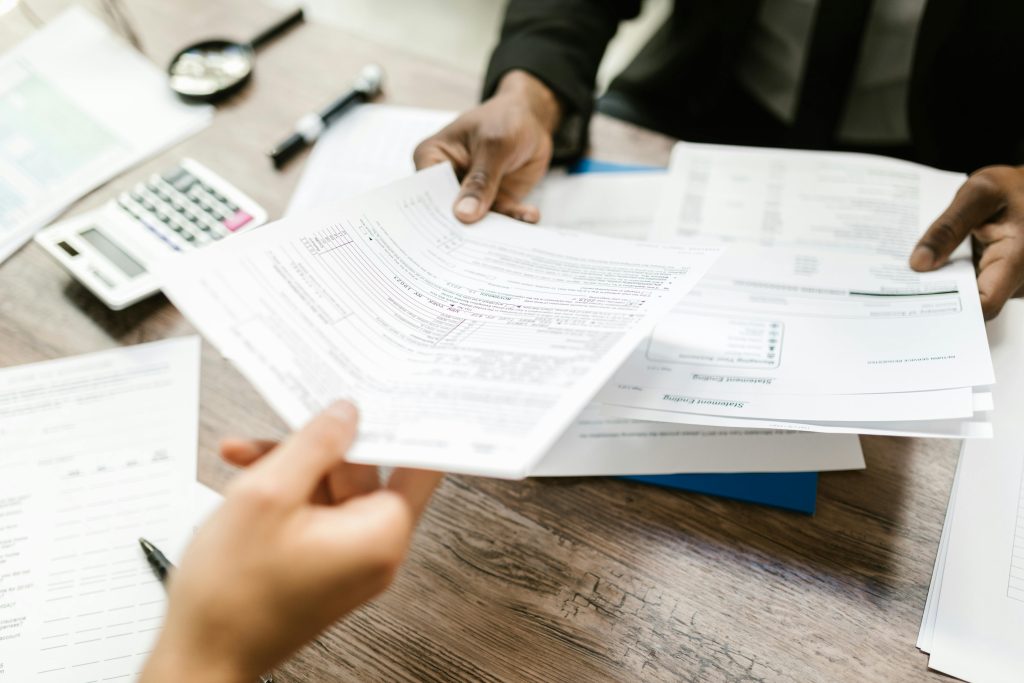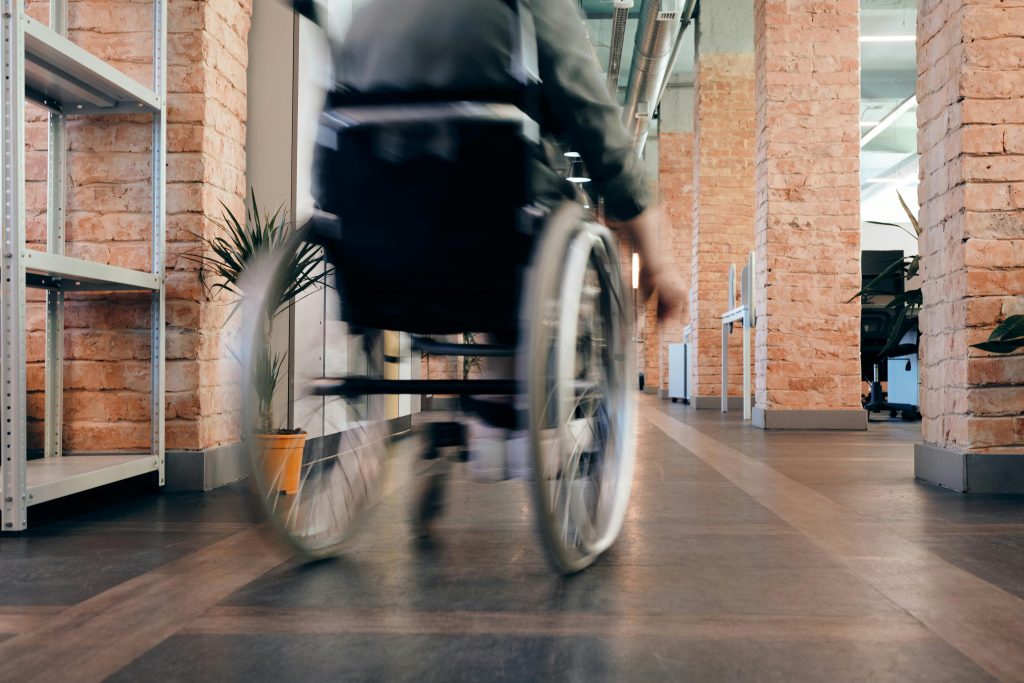When people think about insurance, health, auto, and life insurance usually come to mind first. But one type of coverage that often gets overlooked is disability insurance. Your ability to earn an income is one of your most valuable assets, and disability insurance protects it if you’re unable to work due to illness or injury.
What Is Disability Insurance?
Disability insurance provides income replacement if you can’t work because of a medical condition. It helps cover living expenses like rent, utilities, groceries, and bills when your paycheck stops. Policies generally replace between 50% and 70% of your income, depending on the plan.
Short-Term vs. Long-Term Disability Insurance
- Short-term disability insurance usually covers you for a few weeks to a year. It’s often offered through employers and can help during recovery from temporary conditions like surgery or illness.
- Long-term disability insurance kicks in after short-term coverage ends and can last for years or even until retirement age. It’s designed to protect against more serious conditions that keep you out of work long term.
Why It Matters
Studies show that many workers will face a disability at some point in their careers, whether temporary or permanent. Without disability insurance, even a few months without income can drain savings and create financial hardship. This coverage ensures that you can continue meeting financial obligations even if you can’t work.
How to Get Coverage
Some employers provide disability insurance as part of their benefits package, but it may not be enough. You can also purchase individual policies to supplement employer coverage or if you’re self-employed. Compare policies carefully to understand waiting periods, benefit amounts, and exclusions.
Final Thoughts
Disability insurance may not get as much attention as other types of coverage, but it plays a vital role in protecting your financial stability. By securing a policy that fits your needs, you safeguard your most important asset — your ability to earn an income — and give yourself peace of mind for the future.




